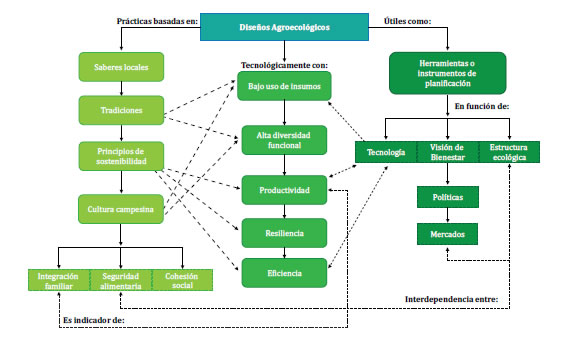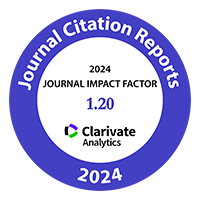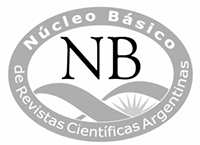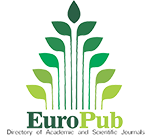Theoretical-methodological framework for the design of ecological agriculture systems
Keywords:
Sustainable agriculture, Ecological process, Ecological assessmentAbstract
This paper summarizes a range of experiences that when applied allow the identification and analysis of definitions, structures, dimensions-scales and key processes for the design of agro-ecological with the objective to drive the analyzes towards understanding of process that promote an important ecological, social and economic functionality. The theoretical framework-methodological built is provenances from agro ecological experiences review of agroecosystems that conserve natural resource. From the experiences analysis, it suggests that, in the context of sustainable agriculture, the agro ecological practices have evolved as a result of the local experiences of individual farmers and farmer’s associations, and territorial development projects, with different territorial scale and strategist to the implementation. Based on productive activities on the agro ecological approach, was summarized indicators of functionality as well as, biodiversity conservation, ecosystem services, productivity, and ecological net at landscape, to reach ecological, social and economic objectives, in scales as farm, watershed, and landscape. It is under this premise that, we conclude that at varying degrees, these systems serve to integrate different approaches on the conservation of nature and human development thanks to the fact that their dynamic is determined by natural and social elements with multiple contexts.
Downloads

Published
How to Cite
Issue
Section
License
Aquellos autores/as que tengan publicaciones con esta revista, aceptan las Políticas Editoriales.











.jpg)




